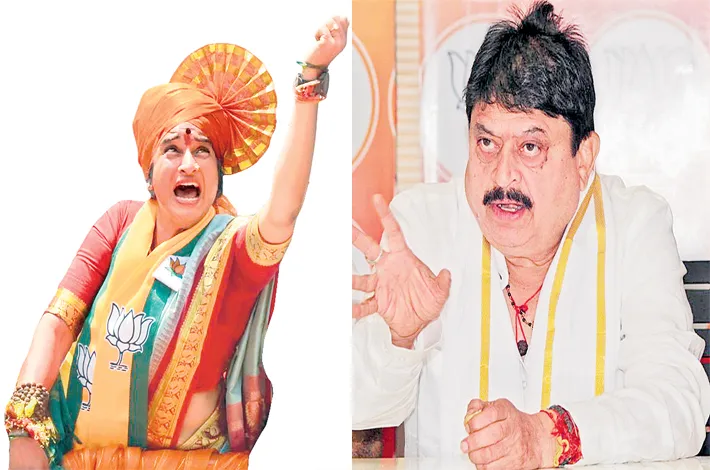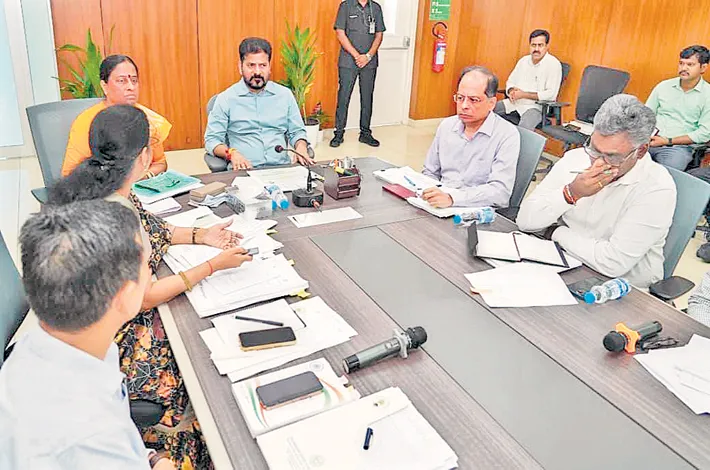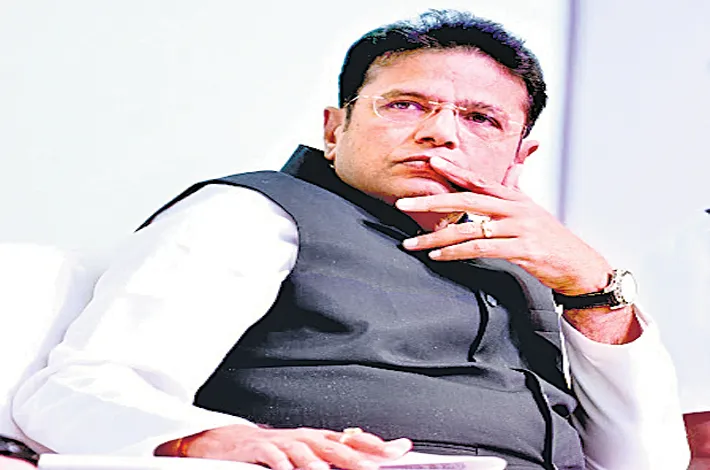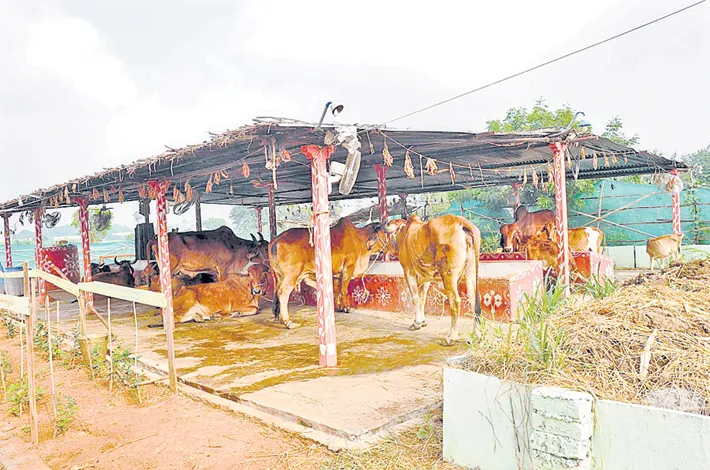AP goes in for tech-driven security, enhances safety
23-12-2024 12:24:18 AM
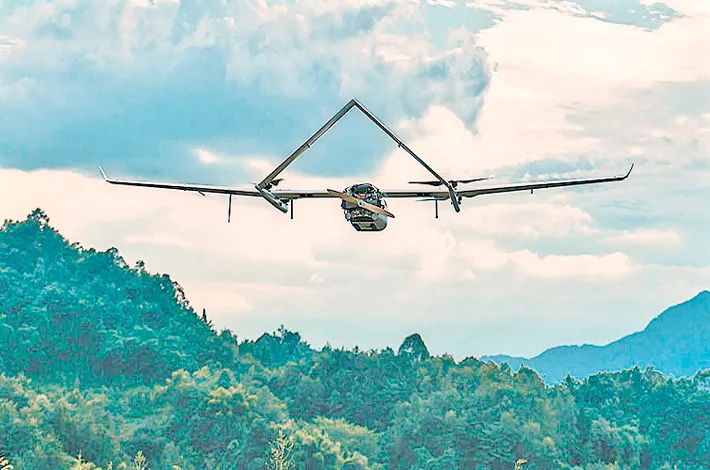
The convoy of vehicles accompanying Chandrababu has been reduced from the earlier 17 vehicles during Jagan’s tenure to 11 vehicles now
Metro India News | amaravati
In a remarkable move blending innovation with austerity, Andhra Pradesh Chief Minister N. Chandrababu Naidu has redefined personal security by embracing technology to reduce reliance on manpower. Despite being entitled to Z-Plus category security, one of the highest levels of protection in India, Chandrababu Naidu has significantly scaled down his security cover both in personnel and expense setting a new benchmark in cost-effective governance, by using “Autonomous Drones.”
Currently, only 121 personnel are deployed for the Chief Minister's security, a fraction compared to his predecessor Y.S. Jagan Mohan Reddy's elaborate protection detail, which involved nearly eight times the manpower. Similarly, the convoy of vehicles accompanying Chandrababu has been reduced from the earlier 17 vehicles during Jagan’s tenure to 11 vehicles now.
Officials estimate that this reduction has led to a substantial decrease in security-related expenses, underscoring Naidu’s commitment to financial prudence. However, what truly sets his approach apart is the strategic adoption of cutting-edge technology to ensure robust protection without compromising safety.
In a pioneering move, Chandrababu Naidu has introduced autonomous drone surveillance as a key component of his security apparatus. Equipped with high-resolution cameras and automated systems, these drones patrol the surroundings at regular intervals, providing real-time video footage of the area.
The drones are programmed to take off every two hours, conduct aerial sweeps, and relay critical information to the monitoring team. Any unusual activity is flagged immediately, enabling swift action by security personnel. Impressively, the drones autonomously return to their base for self-charging, making them highly efficient and low-maintenance.
This integration of technology allows for enhanced situational awareness while significantly reducing the need for large-scale deployment of security staff.
Despite his streamlined security, Naidu remains highly accessible to the public. His residence regularly hosts “Praja Darbar” sessions, where hundreds of citizens gather to voice their concerns. The security team ensures these events run smoothly without causing inconvenience to visitors, demonstrating a fine balance between public interaction and safety protocols.
Even during district tours, Naidu has issued clear instructions to avoid unnecessary disruptions. For instance, during a recent visit to the Polavaram project, he directed officials to minimize police deployment and streamline arrangements. Even traffic disruptions during his visits are limited to short intervals, preventing long hours of roadblocks for commuters. He has prohibited practices like cutting trees, erecting miles-long barricades, or covering areas with large curtains during his visits, emphasizing eco-friendly and efficient measures.
Naidu’s minimalist approach to security reflects his confidence and clarity in governance. According to a cabinet minister, “Chandrababu has no need to fear anyone. He has no dealings in settlements or profit-sharing schemes. His focus is purely on governance, which is why he requires only the bare minimum for security.”
By leveraging technology like drones and embracing a streamlined approach to security, Chandrababu Naidu has set a precedent for other leaders to follow. His emphasis on cost-cutting without compromising efficiency aligns with his broader vision of governance rooted in innovation, sustainability, and accessibility.





